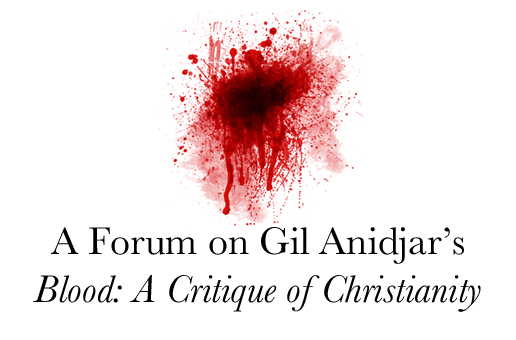Monique Scheer and I have organized a conference in Tübingen:
News
Anneliese Maier Research Award Prize Ceremony
On the fifteenth of September 2015, I received the Anneliese Maier Research Award in Leipzig, Germany. [Read more…] about Anneliese Maier Research Award Prize Ceremony
Suppressing the Mad Elephant
Fantasies of Sovereignty: Civic Secularism in Canada
To ask whether the postcolonial is postsecular demands asking: for whom, where, and when? It is necessarily a local and a comparative question, in which the ‘post’ prefix suggests less that colonialism or secularism are ‘over,’ but that their enduring effects must be named, questioned, and denaturalized.
Blood: The Element of Christianity

Christianity — based not only on the crucifixion but also on the incarnation — is a complex social imaginary whose power depends on the combined control and celebration of the maternal body. Reading blood — conceptual or otherwise — through death without also reading it through birth has profound political consequences that reassert and even revitalize the violent innocence of Christianity that Anidjar seeks to critique.
For Blood: The Element of Christianity. A Forum on Gil Anidjar’s Blood: A Critique of Christianity, edited by Nina Caputo, I wrote a response entitled ‘Fertile Blood’; find it here.